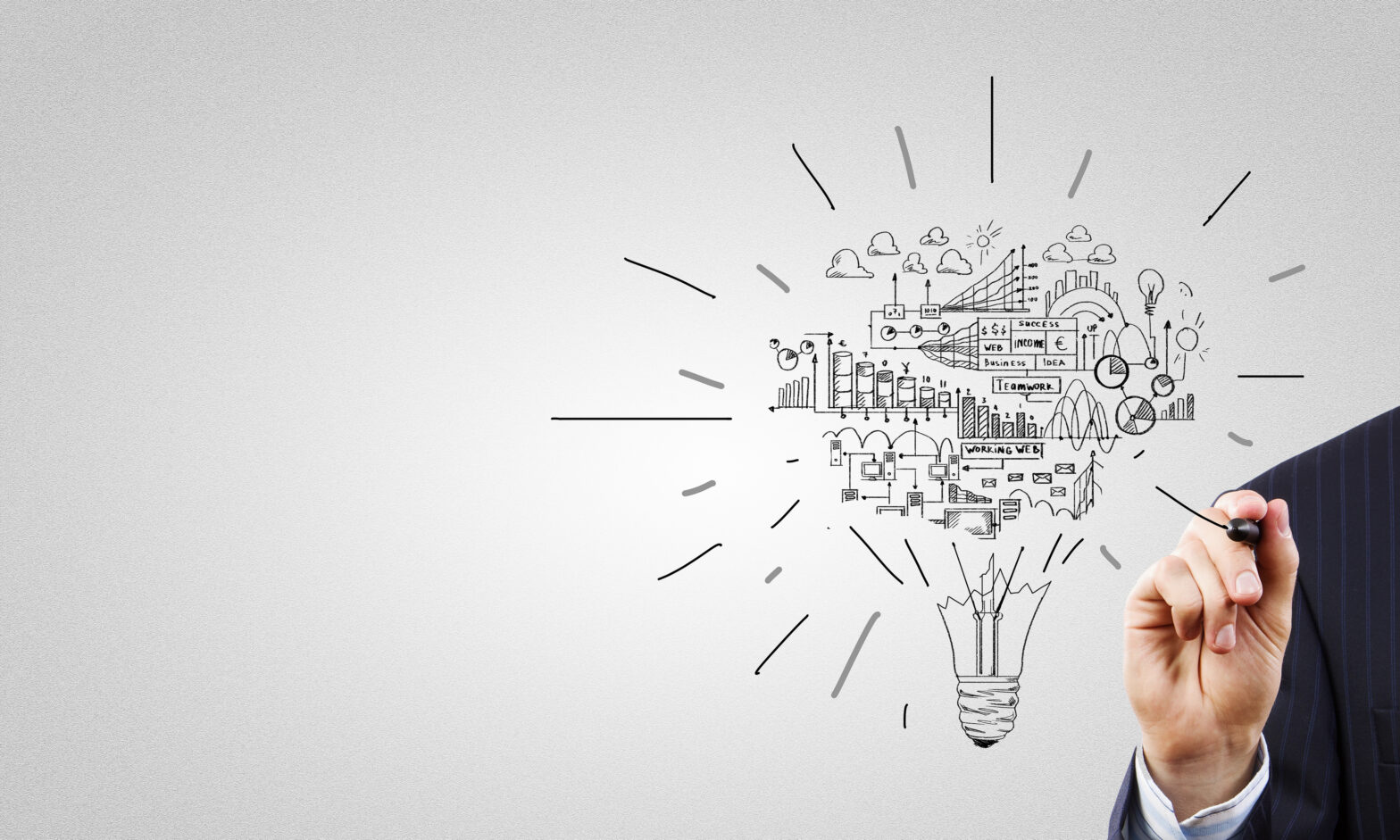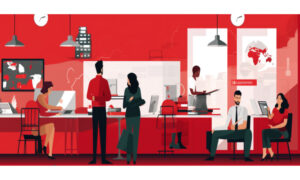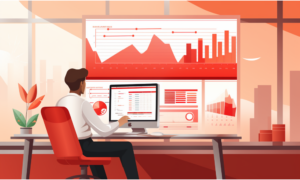Business agility: designing your personal response to Coronavirus
- 5 Min Read
Grappling with the increasing demands of change can create significant pressure for businesses and their leaders. During this time it is important to take a step back and carefully plan next steps. Dave Ulrich, HRD Thought Leader and Wendy Ulrich, psychologist, tackle this issue at length, exploring how leaders can take care of themselves and others.
- Author: Dave Ulrich and Wendy Ulrich
- Date published: Jun 24, 2020
- Categories

The physical, emotional, social and intellectual demands of the current pandemic affect different people in different ways. Some of us review, renew, or revise relationships; others feel desperate for time alone. Some jump into the challenges with both feet; others hesitate to put a toe into this new stream. Some creatively explore new ways of working; others find themselves inexplicably devoid of motivation. Some rethink their life’s goals; others may wonder how long they will have life at all.
The saying goes: under pressure, rocks become either diamonds or dust.
Grappling with the increased demands of worldwide change creates that kind of pressure. Are we becoming clearer about the many facets of our personal ‘diamonds’ of physical energy, emotional wellbeing, social connection and professional productivity? Or do we feel like we’re crumbling? If you, like so many, are experiencing pandemic malaise, we can offer a way to more forward.
Resource/demand model
A number of years ago, Wendy wrote her dissertation on teenage depression. As children turn into adolescents, the demands they experience increase. They face more pressure to succeed in school, be popular with friends, deal with physical changes, create a personal identity, and handle complex emotions. Envisioning how these increased demands can cause depression is easy, but that is not universally the case. If the new demands are balanced with resources, teenagers can emerge polished instead of pulverized by these life changes.
While some new demands can be modified or decreased, many cannot. The focus instead has to be on increasing resources (support, skills, relationships, values and identity).
In the current pandemic, adults are also facing new physical, emotional, social and intellectual demands. While some may be reduced by managing expectations or firming up personal boundaries, most pandemic-related demands don’t just go away. And in times of rapid change, the resources we’ve used in the past to cope are often compromised or unavailable. High pressure turns us to dust unless we acquire new resources by taking risks and practicing new skills.
What resources do you need to better cope with your current demands?
While demands have increased, let’s look at resources in each category to counteract these demands.
Physical
What are your habits around nutrition, exercise, sleep, meditation, physical space, finances, and daily chores? These basics are often the first to go when stress builds up, and yet fatigue can compromise decision making, undermine confidence and lead to burnout. What physical routines do you most need to add or improve as a foundation for stamina and positive mood?
Emotional
Emotions can be contageous. Skills for optimism, self-compassion, confidence and humor can be learned. When you’re feeling irritable, ask yourself what you’re afraid of — identifying that underlying fear can help reduce its potency. Also, one of the brain’s most draining tasks is prioritizing, so give that task its due on a daily basis in a calm, consistent way to help you keep from feeling overwhelmed. Simply taking a break will help emotions reset so we can refocus.
Many are using technology to regularly connect with family and loved ones (we do a weekly ‘zoom church’ with our extended family), others are becoming reacquainted with old friends by reaching out (each day we try to reach out to someone and express gratitude), others are getting to know neighbors and making new friends (early in this crisis where we live, the stores had a run out of toilet paper, so we took a roll to fifteen of our neighbors as a humorous goodwill gesture).
Many are also using this time out to improve personal habits, and others are learning new skills.
Relationships
Work is a team event. Take time to connect with colleagues who offer support when things are difficult. Leaders build relationships of trust with key individuals by challenging them with an attitude of affection. Others are finding that technology-only meetings need to include personal touches to maintain relationships (in one meeting a leader asked those attending to show something personal about them from where they were sitting).
Uncertainty puts us all on edge, so remind everyone to practice (and practice yourself) patience, forgiveness compassion, listening, and appreciation, and help each other get back on track when you slip. Ask yourself: what relationships do you want to strengthen, and what skills would help you do so?
Accomplishments
Anticipate and create the future by increasing skills and creativity today. Vision and gratitude nourish hope and keep you moving forward. Harness the creativity inherent in uncertainty by taking risks and learning from both mistakes and small, incremental accomplishments that build on each other. Take pride in teaching a child a new skill, learning a new digital application, taking an online class in a subject that is new to you, or simply solving current problems one at a time.
What do you want to learn or teach during this crucial time?
Values
Discovering our values, goals, identity, and sense of purpose gives meaning and direction to our lives. Although he is agnostic, Martin Seligman (the father of positive psychology) catalogued values from the world’s great religions to identify a range of character strengths that help people.
As business or HR leaders, be alert to signs that employees’ demands are outstripping their resources. Don’t offer false hope of removing inescapable demands, but do scaffold the development of new skills to meet those demands through healthy routines, social support, emotional clarity, learning and creative risks, and conversations that help people clarify their values and purpose and find meaning in the journey.
Take care of yourself so you can take care of others. Even amid the increasing demands of this crisis, practicing new skills and identifying new resources can help you regain equilibrium. You will feel it, and those around you will draw on your reserves.









